English
Cannabis and cancer are often associated phenomena, but the topic remains under-researched. Meanwhile, research continues to demonstrate new therapeutic and health benefits of cannabis. Cannabis is even already being used for some symptoms associated with cancer treatment. In this article we will tell you more and we will not leave out the alternative treatment – Phoenix tears.
It turns out that people who took cannabis extracts during clinical trials needed less painkillers. Then, some research suggests that THC and other cannabinoids such as CBD are able to slow the growth of, or even kill, certain forms of cancer cells cultured “in vitro”, i.e. in a test tube. Animal studies further suggest that some cannabinoids could slow the growth of cancer cells and limit the spread of certain types of cancer.
One thing is for sure, there is still a lot we don’t know about cannabis and cancer and we need more serious research. There have been some initial clinical trials to assess the effectiveness of cannabinoids in treating cancer in humans, and more such studies are planned. While it is clear that cannabinoids can be safe in the treatment of cancer, there is a lack of scientific knowledge as to whether they can help regulate or cure the disease. And if they can help regulate it, there are other questions: for how long, what types of cancer, etc.
Relying solely on cannabis for treatment today while avoiding or postponing conventional cancer drugs could have serious health consequences.
Cannabis-based medicines that help with cancer
Although currently available cannabinoid medicines cannot cure cancer, they can offer relief from many symptoms:
Dronabinol (Marinol, Syndros) is a THC-based drug that helps treat nausea and vomiting during chemotherapy. It also helps with weight loss and appetite in AIDS patients. Dronabinol is approved for use by the FDA. However, in cancer patients, dronabinol has not been found to be more effective than other anti-wasting drugs.
Nabilone (Cesamet) is a synthetic cannabinoid drug that mimics the effects of THC. It is prescribed for nausea and vomiting during chemotherapy when other drugs do not work. Nabilone is also approved for use in the USA.
Nabiximols is an oral spray solution that is half THC and half CBD. It is used for cancer-related pain and also for muscle spasms and pain in multiple sclerosis (MS). This medicine is currently available in Canada and some European countries, but not yet in the US. Nabiximols has the potential to help cancer patients who are struggling with pain and who do not respond to strong painkillers, however, clinical trials are not consistent to confirm the pain-relieving effects and therefore this drug is not available everywhere and research is still ongoing.
Side effects of cannabinoid drugs
Like other medicines, cannabis-based cancer drugs have side effects. Patients often report experiencing drowsiness, dizziness, dry mouth and euphoria. Some of these effects are indeed to be expected from THC.
Patients occasionally experience feelings of fatigue and weakness during cannabis treatment. Some also report problems such as heart palpitations, low blood pressure, and even fainting. Prescription cannabinoid medications can also exacerbate psychological problems such as depression and mania. Some patients who take nabilone, for example, also report experiencing hallucinations.
Medications can interact with other medications a person is taking, which can cause other problems such as poor body coordination or memory problems. These side effects are usually more pronounced in older patients.
Phoenix Tears
You may also have come across the term Phoenix Tears in relation to cancer and cannabis. These are made from dried sticks that contain as much psychoactive THC or non-psychoactive CBD as possible. It is a product for the alternative treatment of many illnesses (including cancer), but one which the medical community is naturally opposed to. The pioneer of this cannabis concentrate is Rick Simpson, who initially worked with extracts that contained approximately 90% THC and almost no CBD. In recent years, however, it has become apparent that the combination of THC and CBD can be more effective in various cases, such as epilepsy, even with significantly higher amounts of CBD than THC.
These effects should be taken as anecdotal, however, many patients are turning to phoenix tears. There is, of course, no alternative but to obtain phoenix tears on the black market or to make them. Both are, of course, illegal. Still, if you want to try them, the important thing is to stick to the golden rule – start with small doses and increase them carefully so that the body can get used to them. Phoenix tears are highly psychoactive due to their THC content.
Much more scientific research is definitely needed in the future to fully exploit the potential of the cannabis plant and the medicinal substances it produces. Hopefully, on this research journey, we will reach a point where we can find and develop cannabis medicines that can prevent cancer altogether!
If you are interested in phoenix tears you can find more information here.
Source: softsecrets.com
Published by Kotelnik
08/12/2022choose and buy cannabis seeds from our offer
our pleasure
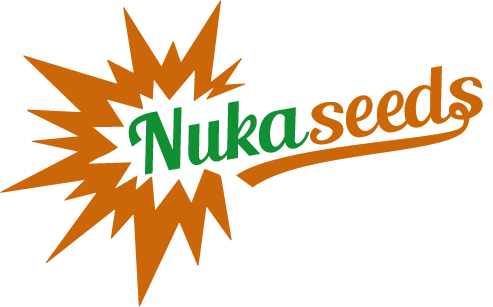

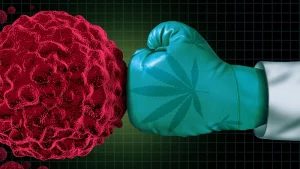



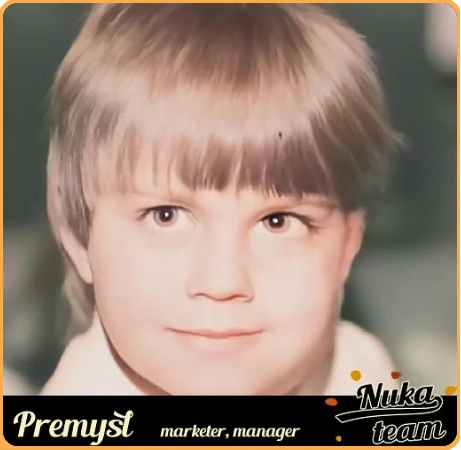
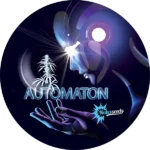


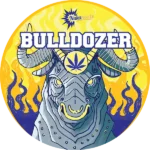

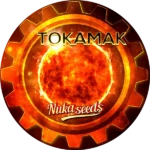






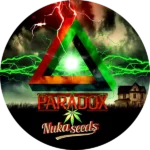




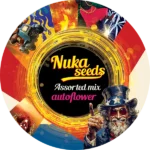
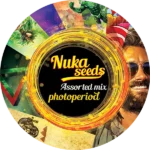




Thank you for such a well-aimed article. I hope Phoenix Tears will be available in a future for many of us.